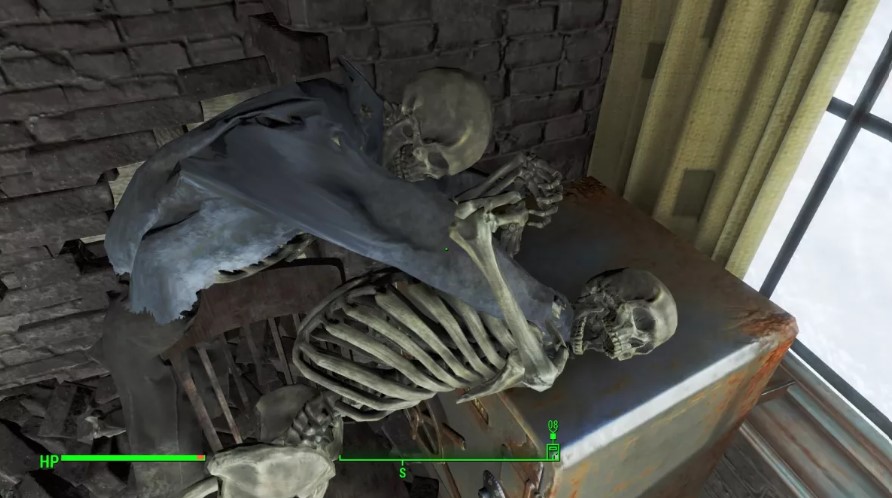

10-13-2022 : What makes a game cool?
Recently I've been working with a team on a game-like project for school, and it's got me thinking about what exactly makes a game "cool" to me. Basically what we're making is an interactive experience, or what I've been calling an "interactive diorama", where the users is free to explore an open environment and interact with little scenes and props. This is done for an animation class, so the focus is on charismatic characters. My program is multi-disciplinary, we have students who want to be graphic designers, architects, VR engineers, UX designers, back-end devs, and, like me, game devs, and because of this I've had to make my ideas understandable to the entire team, who are somehow willing and enthusiastic to go along with this overly ambitious project I pitched to them (...most groups are just making animated shorts).
So, how do I boil-down what is most important to me about interaction and world design to a group of people who know design principles, but not necessarily the specific intricacies of game design? Well I guess let's start with some of the games I found to be interesting or "cool" in recent memory and pluck out some of the most intriguing aspects...
Elden Ring featured perhaps one of the most fascinating and engaging open world environments I have ever explored. I felt like a little kid again when playing it; these days I am so aware of the structure of games that I often find games on such a large scale such as Far Cry or Spider-Man (2018) to be entirely predicatable. Elden Ring broke this by giving the player effectively no structure. Once you enter the open world, you are give very little direction, and somehow they still made the progression work and feel satisfying (... for the most part). The only game I can think of that had a similar premise is Breath of the Wild, and I would not be surprised if the Elden Ring devs drew inspiration from it, but put their own intentioanlly obtuse FromSoft twist on it.
So, intentionally structure-less games, or at least games with no apparent structure (there is still direction given to the player, it's just hidden), which truly give players freedom to explore an environment and in doing so make their own narratives through their discoveries and choices. I have an entire story I could tell about my Tarnished that is wholly unique to anybody else's, thorugh no direct dialogue or TellTale-like story choices.


I suppose I am really just drawn to intricate environments, then. Another game I fell in love with this year is The Bouncer which is, for all intents and purposes, just-kinda-ok 3D beat-em-up with some pretty cool characters and levels, but under the surface there is a fascinating ammount of depth to the world it takes place in. Despite the game itself only being 2 hours long, there is a shocking wealth of content that can be found in the supplementary materials, from the manual to the concept art, which describes a rich world. I just think that's incredible, that the Squeenix team would put so much care into a project, with most deatils going unseen by the majority of the game's audience. I want to build worlds like that, even though I know it's entirely impractical. I want to lock myself in a room for a year and just craft a world on such an intricate level, with the same level of passion and charisma that's on display in The Bouncer.
It breaks my heart, that the tried and true method of learning the craft of game design is to make small games, games which are feasible and do-able by a single person, and here I am craving the ability to make worlds of excessive depth, knowing that even if I did somehow achieve all I want, maybe 0.05% of the playerbase would even truly appreciate it on the level that I do. Thankfully we've got a limited scope for this group project :+)